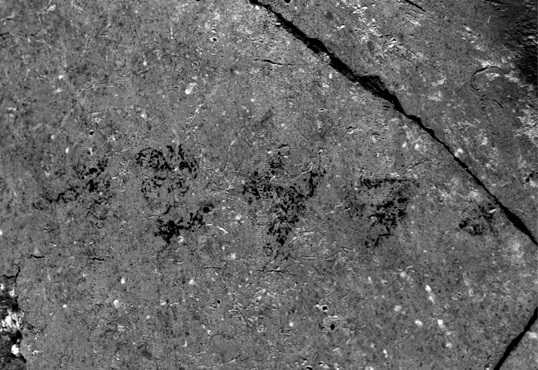Nearly 3,000-Year-Old Jar Unearthed in Israel Bears Biblical Name Meaning ‘Yahweh Has Built’

METULA, Israel — Archaeologists with Azusa Pacific University in California have announced the discovery of a nearly 3,000-year-old broken jar bearing the inscription “lbnayo,” meaning “belonging to Benaiyo.” The name is the equivalent of the biblical Beniah, meaning “Yahweh has built.”
“Such a discovery advances our understanding of the site and the local region considerably,” Robert Mullins, co-lead archaeologist of the dig site and chair and professor in Azusa Pacific’s Department of Biblical and Religious Studies, said in a statement.
The jar was unearthed at a dig site called Tel Abel Beth Maach near Metula, Israel.
“In the Bible, Abel Beth Maacah figures prominently in 2 Samuel 20:14–22 when Sheba, son of Bichri, took refuge there after calling for revolt against King David,” the Biblical Archaeology Society outlines. “Joab’s negotiations with the ‘wise woman’ of the city resulted in Sheba’s beheading. The Bible also describes the city as conquered by Ben Hadad of Aram-Damascus (1 Kings 15:20) and by Tiglath-pileser III in 733/732 B.C.E. (2 Kings 15:29).”
The artifact was uncovered in the lower part of the site, where finds dating back to the time of King Ahab had already been discovered.
“The new section of the site, Area K, had very little occupation from later periods, which allowed the archaeologists to quickly go below topsoil and unearth a room containing several broken jars,” Azusa Pacific explained.
Archaeologists did not notice writing on the jar at first, but after it was sent for restoration, it was realized that one of its pieces had faint writing on it. The Hebrew script was then deciphered through multi-spectral images taken at the same museum that analyzed the Dead Sea scrolls.
“The ink inscription reads ‘lbnayo,’ meaning ‘belonging to Benaiyo,’” Azusa Pacific advised. “This implies that an Israelite man named Benaiyo lived in Abel Beth Macaah around the 9th century B.C.”
“This is significant because it is the northern Israelite equivalent of a name found in the Bible (see 2 Samuel 23:20; 1 Chronicles 27:5; 1 Kings 1:8) and indicates that the site may have indeed been an Israelite city at this time (see 2 Samuel 20:29),” it said.
As previously reported, last fall, it was announced that a bulla was found in soil excavated from foundations of the Western Wall bearing the phrase “Adoniyahu Asher Al Habayit,” signifying that the man was a royal steward and was named Adoniyahu, which means “My Lord is Yahweh.”
“This tiny bulla has immense meaning to billions of people worldwide,” Doron Spielman, vice-president of the City of David Foundation, said in a statement. “[It is] the personal signet of a senior official to a biblical king from the First Temple Period. This is another link in the long chain of Jewish history in Jerusalem that is being uncovered and preserved at the City of David on a daily basis.”
According to The Times of Israel, another seal was found in March that bore the inscription “Nathan-Melech, servant of the king.” The name is found in 2 Kings 23:11, which reads, “And he took away the horses that the kings of Judah had given to the sun, at the entering in of the house of the Lord, by the chamber of Nathan-melech the chamberlain, which was in the suburbs, and burned the chariots of the sun with fire.”
Become a Christian News Network Supporter…







Comments are closed.